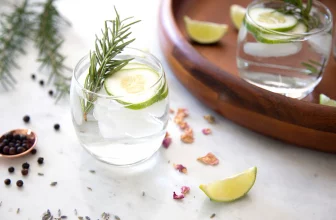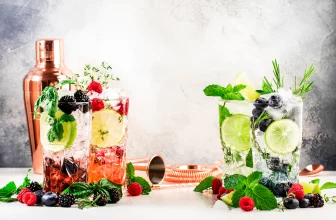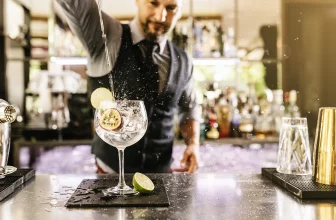What is Tequila you ask! In popular culture, tequila is treated like a chore to be choked down during a wild night out on the town. But tequila is so much more than the domain of Cinco de Mayo margaritas and shots to chase with salt and lime! Read below to learn all about the glorious spirit called tequila.
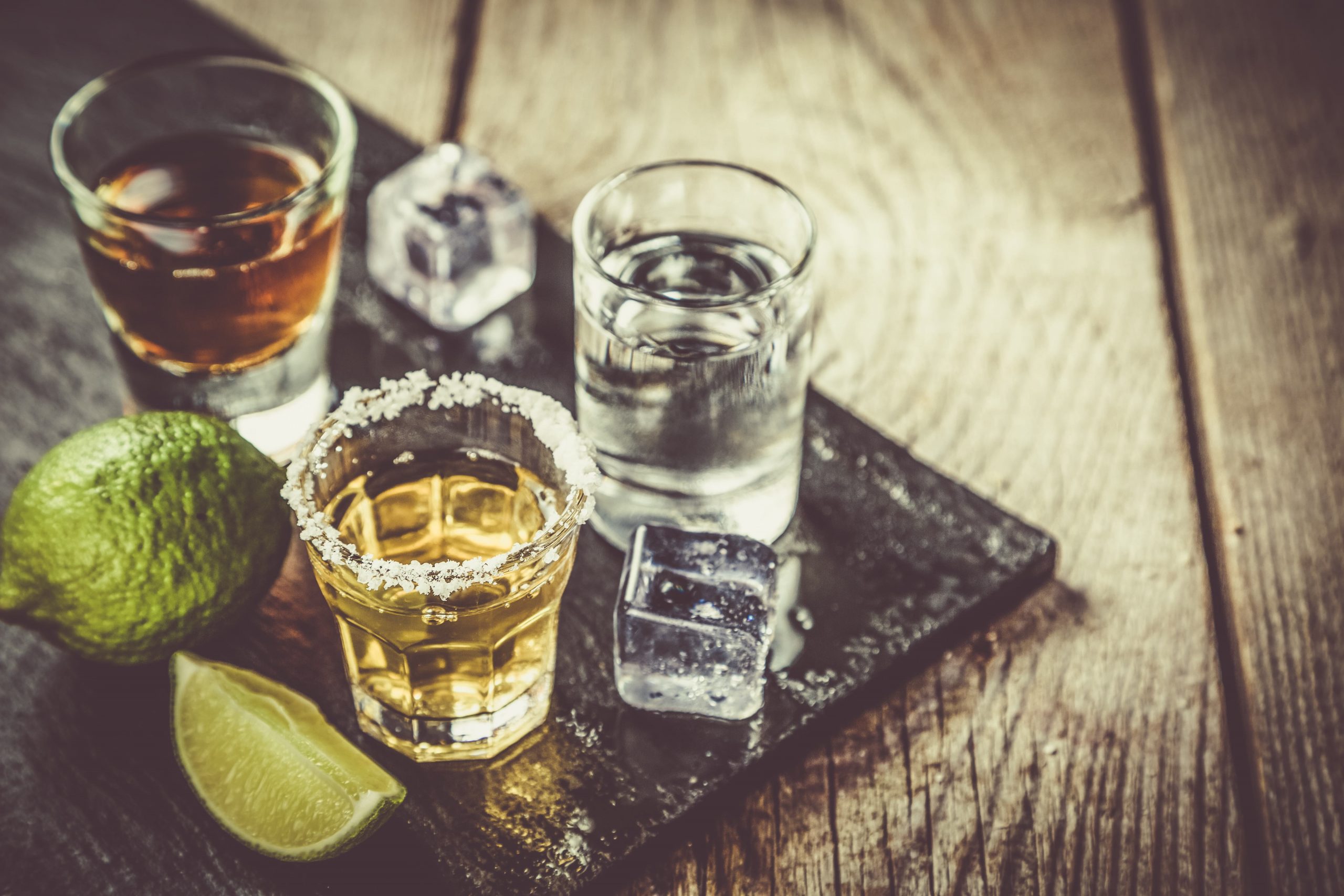
Tequila Information
Tequila is a specific type of mezcal, a distilled spirit made from the agave plant. Different mezcals, like sotol, pulque, and raicilla, can be made from multiple types of agave in several regions of Mexico. But to be called tequila, it must be made of at least 51% blue agave, and it can only come from specific areas of five Mexican states.
Tequila can also be aged just like Scotch, Bourbon, Rye, which changes the flavor profile. Aged tequilas are delightful to sip and can be enjoyed like your favorite whiskey.
Tequila also pairs well with food, music and some cannabis strains.
Frequently Asked Questions
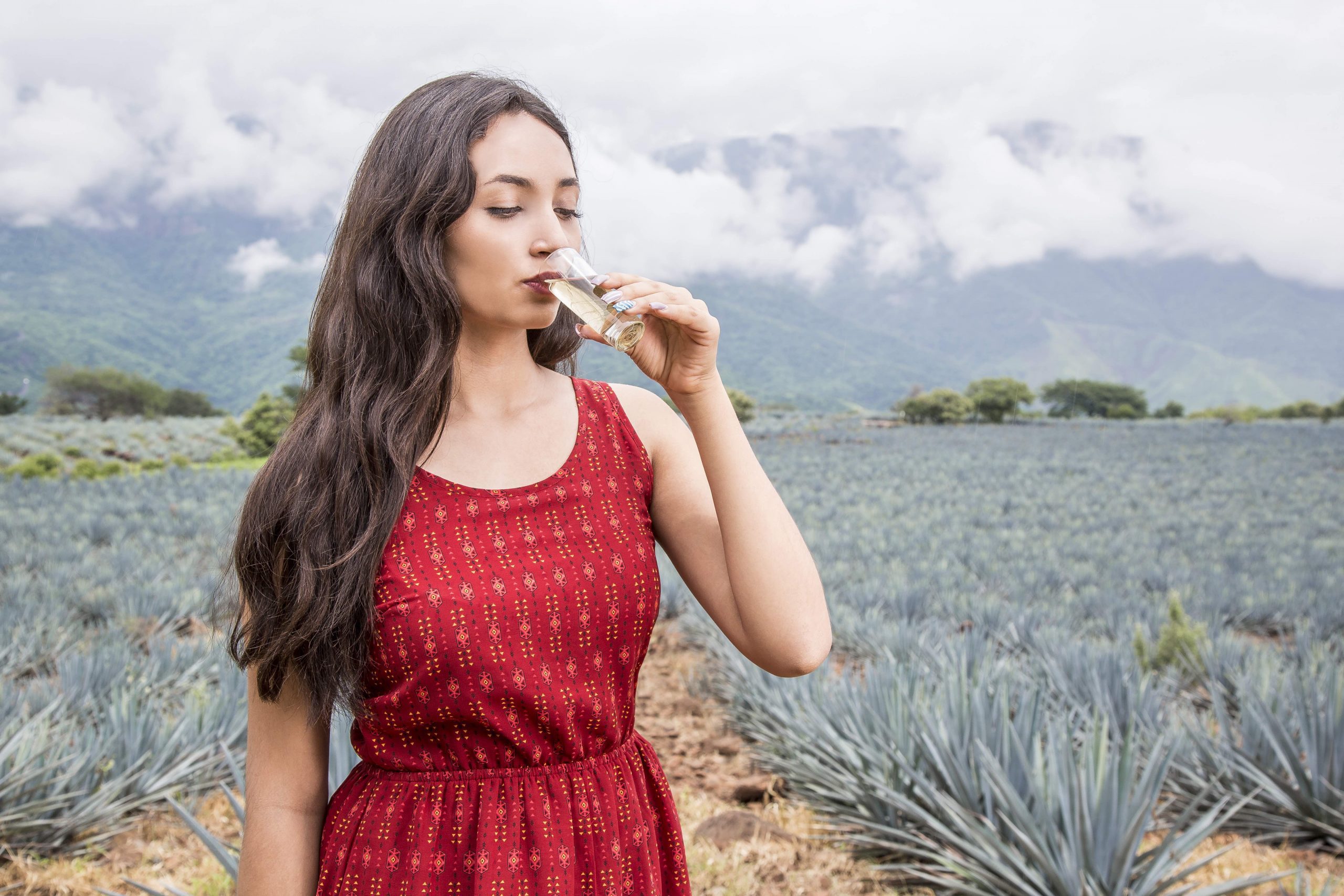
Tequila Pairings
Pairs With Music
Pairs With Food
Pairs With Strains
Where Tequila is From
Tequila originates from Jalisco Mexico.
History of Tequila
Humanity has been fermenting plant matter and drinking the result for millennia. It’s practically in our DNA — the ancient Chinese were making a fermented rice and grape drink in 7000 B.C., and the Syrians were brewing beer in 2500 B.C.
And in 1000 B.C., the Olmec people in the lowlands of Mexico were fermenting agave sap. Later, the Aztecs did the same and used the resulting pulque to worship the goddess of maguey (agave) and the god of pulque. Ancient cultures also used Tequila as medicine to treat and cure numerous ailments.
When the Spanish arrived in the 1400s, they brought war with them — and a method of distillation. One story says that when the Spaniards ran out of brandy, they used the local knowledge of agave to distill a precursor to today’s mezcal.
By the early 1600s, the first large-scale distillery was in operation in what would become Tequila, Jalisco. Family distilleries popped up over the next two centuries, including famous names like Cuervo and Sauza. In the late 1800s, Don Cenobio Sauza decided that blue agave was the best plant for tequila, and the word spread.
Tequila didn’t gain much of a foothold with American drinkers until the failed experiment of Prohibition. Banned from buying legal hooch, Americans began hopping the border to Tijuana to get their hands on legal booze. Bootleggers got in on the action, too, smuggling tequila supplies from Mexico to Texas.
Tequila’s popularity waned after the repeal of Prohibition. But with the mid-century invention of a little drink called the margarita, our thirst for tequila was renewed.
In 1974, the Mexican government claimed the term “tequila” as its intellectual property to protect the integrity of the spirit. The CTR was established to establish the rules of production and aging, and tequila was safeguarded from adulteration or dilution.
Tequila Summary
Today, most tequila is limited to the United States and Central America. But that just means that this Mexican elixir has room to grow. Tequila is currently the second fastest-growing spirit worldwide, thanks partially to new European markets. As the global appreciation for this craft liquor grows, jimadors must be extra vigilant to protect their slow-growing supply — or risk leaving us with a world without tequila.
¡Dios mio!


